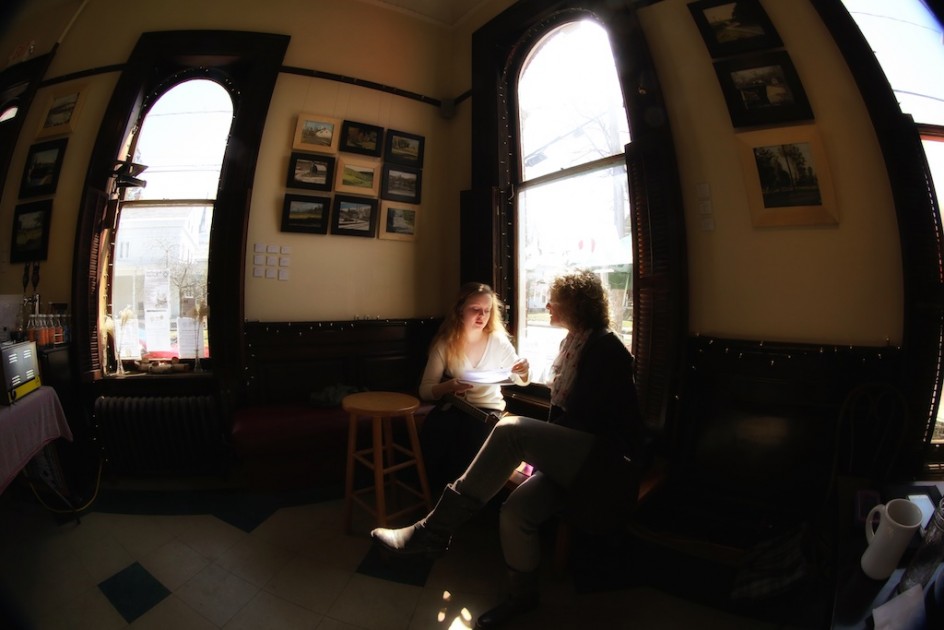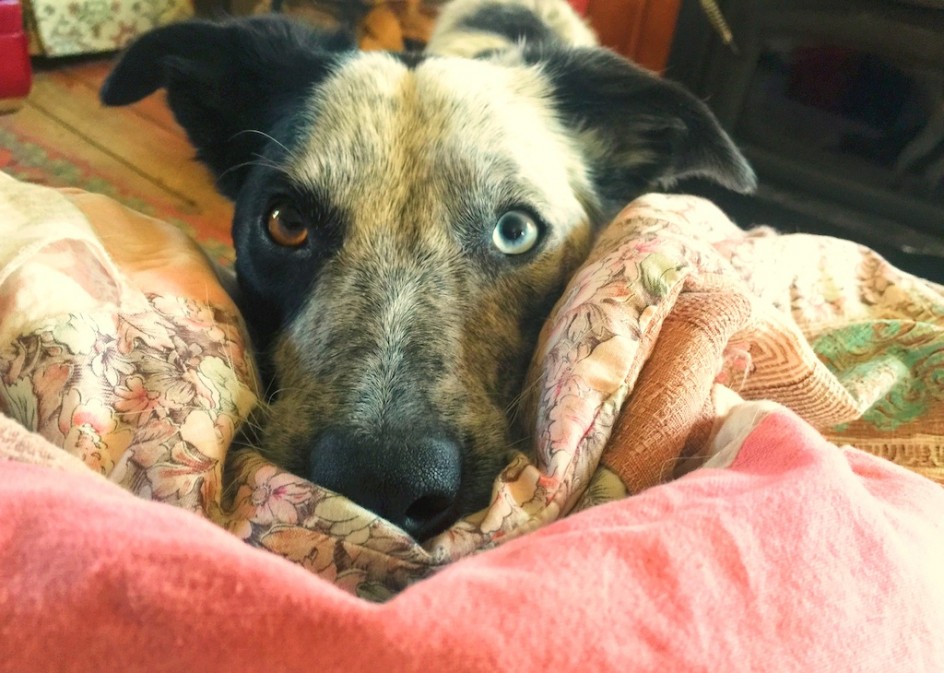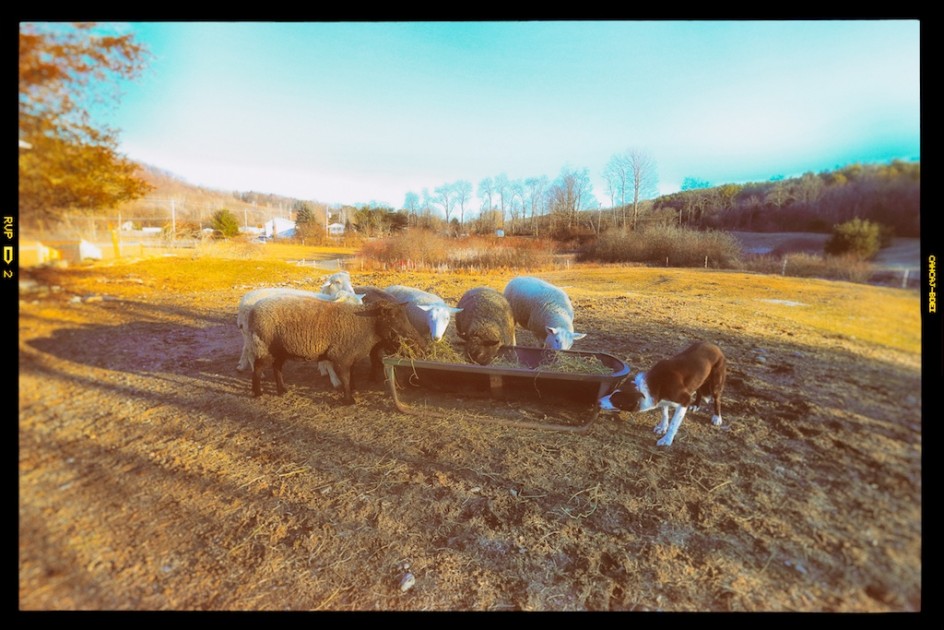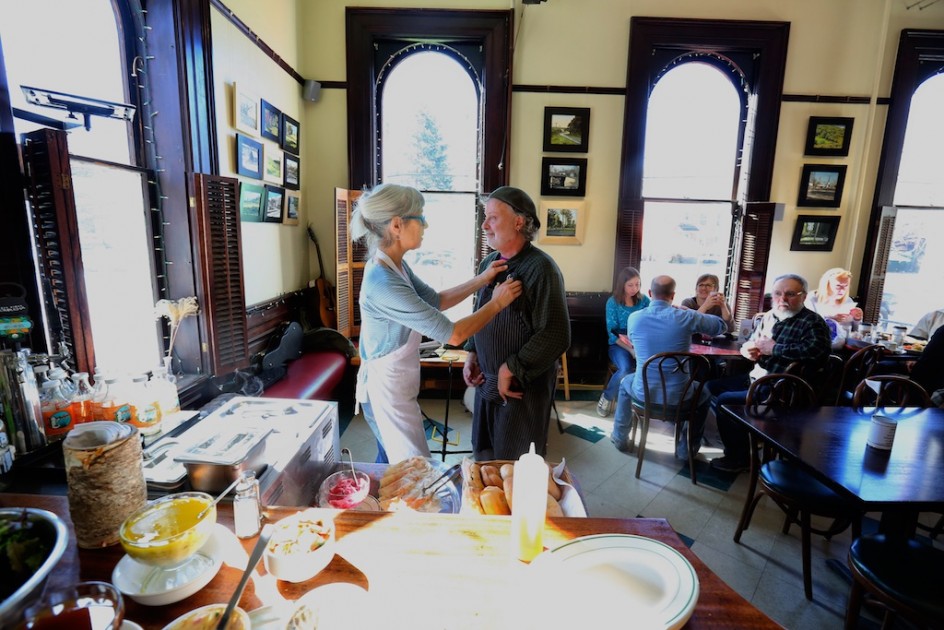
This morning, music at the Round House, Delaney Hill, a sophomore at Cambridge High School sang. Her mother, Mandy Meyer-Hill, a massage therapist, came to listen and to sit with her towards the end of her performance. I thought the photograph captured some of the feel of community the Round House brings. I wanted to share it with the many good people who have been supporting the Round House gofundme campaign to help Scott and Lisa Carrino buy the building, which is now up for sale.
The Round House gives students and adults a chance to perform their songs and music, something no food franchise would ever do. This evening, the gofundme project passed $20,000 in just a few days. Most of the contributions are for $5 and $10 which is especially meaningful to Scott and Lisa. The Carrinos are seeking $75,000 to help the buy the cafe building, a beautiful and well-located old bank in the center of town.
It is difficult to explain to people that this blog is a community, a new kind of community. We do support one another, we do pay attention. Thanks to all of you for supporting the Round House Cafe.
“Good people,” posted Tilna Bockrath, who donated $50. “Delicious, healthy food locally sourced. A unique, warm atmosphere. Music. Art. It doesn’t get better than that. Rootin’ for you guys.” So are good people from all over the country, and parts of the world.
Cambridge is my town, and the town’s support of the cafe is a powerful thing to see.
Many people here have struggled to find good work, especially if they want to stay here. The American economic system has always created a culture of winners and losers. Right now, the tech workers in Boston and Austin and Silicon Valley and the bankers and hedge fund managers in New York are winners, and many of the people in rural America are labeled as losers, defined as such by economists and politicians, who have no idea what to do with them.
Rural America is considered inefficient – not enough people and cheap workers to compete in the new economy. Politicians never mention them and rarely visit.
Corporations have no interest in rural life, labor is much cheaper in China and Mexico. The problem, everyone agrees, is not the trade agreements, which may be necessary, but the fact that no one in authority has lifted a finger to help and support the traumatized and displaced workers left behind, an outrage and a tragedy that is roiling the political system right now.
The idea that displaced rural and industrial workers – factories and farms left the cities long ago – will somehow magically re-train themselves and find good jobs is simply a way for officials to wash their hands of them, as they have done. If you live in rural America, you know this is wrong.
Our system is based on competition, on some people winning and some losing. Since the economic system embraced by America has largely abandoned farmers and rural life as inefficient and unable to compete in the modern world, many people there have lost. In this system, there are no limits. Costs are lowered at any cost, and profits are raised at any cost. The toll on humans is no longer considered a factor in political or corporate decisions.
Our economic system does not pause or hesitate at the destruction of the life of a worker or a family or the life of a community. Every business decision is meant to choose winners and losers. In the unlimited competition between buyer and buyer, seller and seller, neighbor and neighbor, every transaction is intended to have a winner and a loser. No one is spared.
Economists concede that destruction of life and community is both inevitable and acceptable as a part of the daily business of economic competition as practiced today, as farmers and many rural workers and families know all too well.
My town is challenging this understanding. Here, we still know what people are for.
We have a thriving independent bookstore, intensely supported by all elements in our small town of 2,000 people. We have an arts and education center – Hubbard Hall – that has preserved a more than century old vaudeville house, which sits right next to the Round House cafe, which offers arts education and legitimate theater. And the town is now fighting to keep our cafe, a prime gathering spot and a center of community.
We have lost much – our old Cambridge Hotel, where apple pie was first served, now an assisted care facility; our small community hospital, a center of work and life here; and our independent pharmacy. We have lost a number of employers as well, they have moved overseas.
Enough is enough.
We are working hard to keep our cafe. If you wish, you can support the idea of community by going here and contributing what you can. $5 or $10 is appreciated every bit as much as $1,000. That’s the wonder of crowdsourcing. It is a new and democratic way for people decide which causes they choose to support. Or not. Ordinary people can affect great change in the world. If we can do it here, you can do it there.



